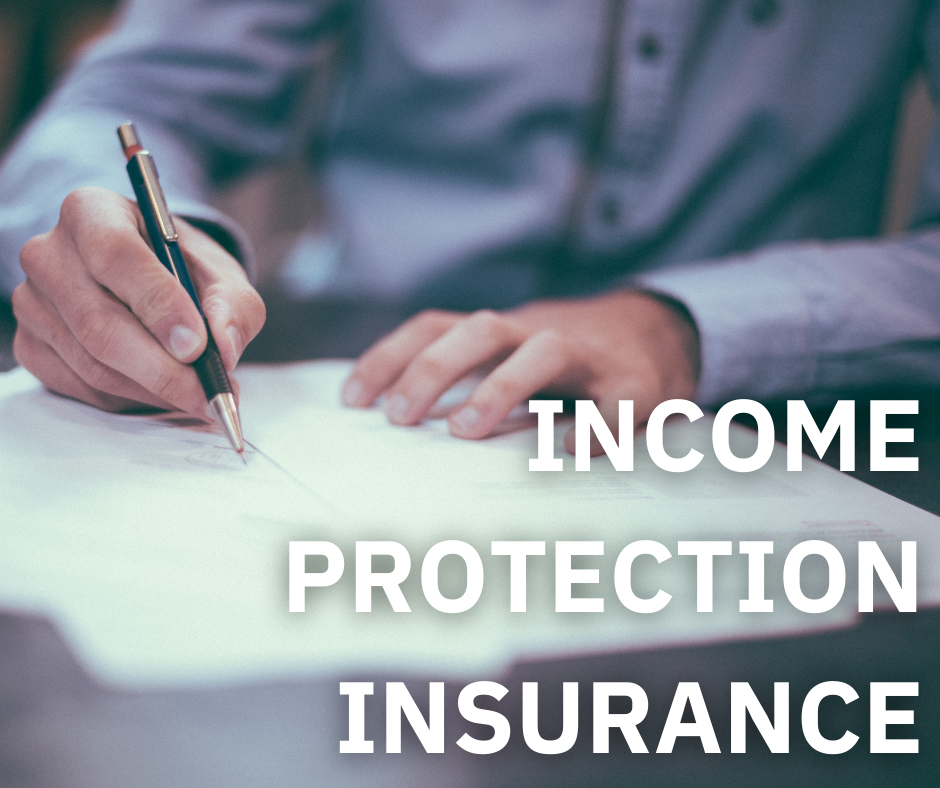Income protection covers both long and short-term illnesses or injuries, so it doesn't matter why you're out of work.
How does it work?
You will not be able to replace the precise amount of money you were making before you were forced to stop working with the amount of income you are allowed to claim. Your usual job should provide you with around half to two-thirds of your earnings before taxes. This is due to the fact that some money will be deducted for any state benefits you may be eligible for, and the income you receive from the policy is tax-free.
If you get sick or incapacitated, you won't be able to get income protection funds right away. Payments can begin as soon as four weeks after you quit working, but they can take up to two years. This is known as the waiting period. This is because you may not require the funds right away because you may be eligible for sick pay from your employer or statutory sick pay for up to 28 weeks after you stop working.
According to Citizens Advice, before you take out any Income Protection insurances, you need to check certain things, such as:
- make sure you don't already have income protection coverage through your employer. Some employers provide this as a perk. If this is the case, your employment contract, handbook, or personnel department will have more information;
- whether you have any other type of illness insurance that is linked to another insurance policy or your mortgage that covers you in the event of being diagnosed with a more serious illness;
- whether you really need insurance. Check if you can utilise your savings instead. However, you must carefully consider whether you want to rely on your savings as it’s possible that you may not be able to save enough money to cover a longer period of illness. You might also face another emergency, depleting your savings and this may leave you vulnerable to illnesses;
If you wish to cancel the policy and get a full refund, you have 30 days to do so. For more information on how your income protection policy works in the terms and conditions.
Are there any exclusions?
Insurance policies do not usually cover all types of illnesses. Furthermore, you may not be covered for some conditions that you or a member of your family has already experienced. Pre-existing medical conditions are what they're called.
How can I purchase income protection policies?
Premiums may differ, and various insurers may utilise a variety of factors. So it's worthwhile to browse around and conduct some research. Getting guidance from an independent financial adviser or expert broker is the best approach to ensure you get what you need.
They can walk you through the specifics of the many insurances on offer and help you make the best decision. They may also charge a fee for their services or be compensated by insurance companies on a commission basis.
For those who have been denied insurance, there are also specialist brokers and insurers. This could be due to a medical issue or the fact that they work in a field that isn't covered by normal plans.
What information does the insurer need?
You must tell your insurer everything about your medical history and that of your family. Your insurance may refuse to pay out if you leave something out and then try to make a claim later.
If you already have a pre-existing medical condition, look for an insurer who will cover it, even if you may have to pay a higher premium to do so. You have a pre-existing medical ailment if you have had one before.
You should also inform your insurers if you engage in any risky activities or have a lifestyle that involves smoking, heavy drinking, or drug use. They may refuse to pay out on the policy if you don't tell them about something that later affects your claim.
Why do you need income protection insurance now?
Many of us would struggle to keep up with our critical outgoings, such as mortgage and rent if we lost our income due to illness or an accident. Income protection is a long-term insurance policy that guarantees a steady income until you retire or return to work.
This type of insurance can be especially important for those who are self-employed or own a smaller business as they are not entitled to sick pay like other company employees.
If you are thinking of taking out income protection insurance or if you would like to gain a better understanding of how it works, please contact Persona Finance at [enquiries@personafinance.co.uk].



